
30 Years of Genomics Teaching
September 2018 marks the 30th anniversary of the Wellcome Genome Campus Advanced Courses and Scientific Conferences programme.
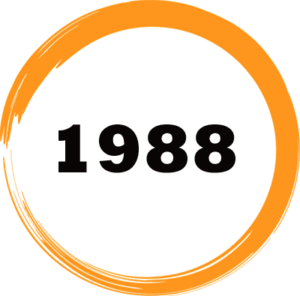
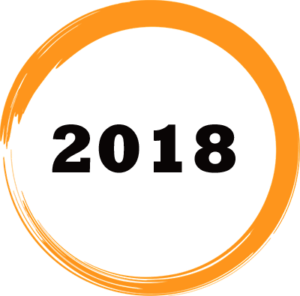 Founded in 1988 by Pelin Faik and Michael Morgan, the programme has evolved to become a specialist in the funding, development and delivery of training and conferences that span basic research, cutting-edge biomedicine and the application of genomics in healthcare. It remains a global leader in biomedical training, as well as being unique in now providing conferences, overseas courses, retreats and online courses as well.
Founded in 1988 by Pelin Faik and Michael Morgan, the programme has evolved to become a specialist in the funding, development and delivery of training and conferences that span basic research, cutting-edge biomedicine and the application of genomics in healthcare. It remains a global leader in biomedical training, as well as being unique in now providing conferences, overseas courses, retreats and online courses as well.
Starting with a summer school on DNA Related Methods in Human Genetics at Guy’s and St Thomas’ Hospital in 1988, the programme has come a long way in the ensuing years, having delivered courses to 9437 participants and conferences to 30915 delegates, across 13 countries to date.

Since its inception, the programme has been able to attract the very best instructors and speakers, with Professor Kay Davis, now Dr Lee’s Professor of Anatomy and Director of the MRC Functional Genomics Unit, the first instructor at the DNA summer school of 1988. The programme continues to attract and work with internationally-renowned scientists and healthcare leaders, to deliver and develop cutting-edge courses and conferences that have a tangible impact on research-based and clinical careers.
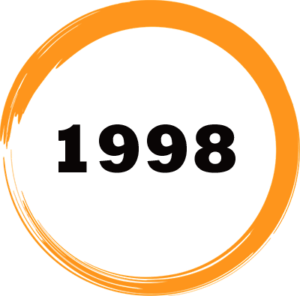 In 1998, 10 years after the first course, great momentum was building around genetic research, and this was a driving factor in an important move for the programme to the Wellcome Genome Campus (which opened in 1994). Thanks to John Sulston and Michael Morgan, the Wellcome Trust Advanced Courses joined a campus that was already growing into the globally significant cluster for biodata and genomic expertise, and the number of courses offered began to increase due to dedicated facilities allowing greater capacity for the intensive, hands-on, and practical training at the core of the learning format.
In 1998, 10 years after the first course, great momentum was building around genetic research, and this was a driving factor in an important move for the programme to the Wellcome Genome Campus (which opened in 1994). Thanks to John Sulston and Michael Morgan, the Wellcome Trust Advanced Courses joined a campus that was already growing into the globally significant cluster for biodata and genomic expertise, and the number of courses offered began to increase due to dedicated facilities allowing greater capacity for the intensive, hands-on, and practical training at the core of the learning format.
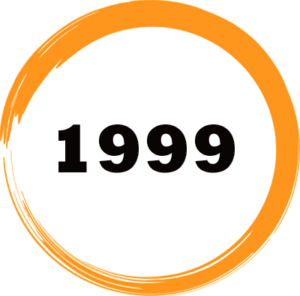 In 1999 the scientific conference programme was developed (called the Wellcome Trust Meetings Programme) to maximise the then under-utilised Conference Centre, by Michael Morgan and Debbie Carley (Scientific Programme Manager 1999-2009). This new arm invited scientists from many disciplines from academia and industry, as well as healthcare professionals, to attend a wide range of topics, to harness the benefits of discussion and debate at the cutting-edge of biomedical science. The residential format on a dedicated scientific campus strengthened networking opportunities and created a thriving environment for collaboration and knowledge exchange.
In 1999 the scientific conference programme was developed (called the Wellcome Trust Meetings Programme) to maximise the then under-utilised Conference Centre, by Michael Morgan and Debbie Carley (Scientific Programme Manager 1999-2009). This new arm invited scientists from many disciplines from academia and industry, as well as healthcare professionals, to attend a wide range of topics, to harness the benefits of discussion and debate at the cutting-edge of biomedical science. The residential format on a dedicated scientific campus strengthened networking opportunities and created a thriving environment for collaboration and knowledge exchange.
Meanwhile, the Advanced Courses team, with Gordon Dougan and Nick Thomson, realised that local capacity building of genomics in low- and middle- income countries would be of great benefit to scientists and clinical staff unable to travel to Hinxton. Thus the Overseas Courses programme was borne in 2005, starting with courses in Latin America, then in Africa and Asia.
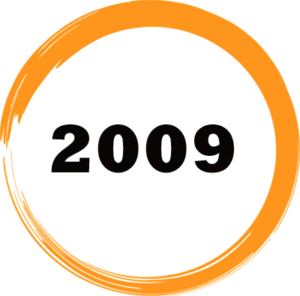 In 2009, the synergies between the separate courses and conferences programmes were strengthened by joining them to form the Advanced Courses and Scientific Conferences (ACSC), broadening the scope of the entire programme.
In 2009, the synergies between the separate courses and conferences programmes were strengthened by joining them to form the Advanced Courses and Scientific Conferences (ACSC), broadening the scope of the entire programme.

2018 Reach and Impact
The programme has been expanding to focus on a range of topics including microbiology, immunology, infectious disease and neuroscience, with an emphasis on genomics, bioinformatics and translation. Key to the success is to continually evolve the programme to include the latest research and cutting-edge technologies, as well as partnering with world-renowned experts from the Wellcome Genome Campus, and further afield, to deliver events that are truly career-enhancing.
The programme is global; since arriving at the Campus, 40,000 scientist and healthcare professionals visiting from over 130 countries have attended an ACSC event, and another 1,400 have attended one of the overseas locations.
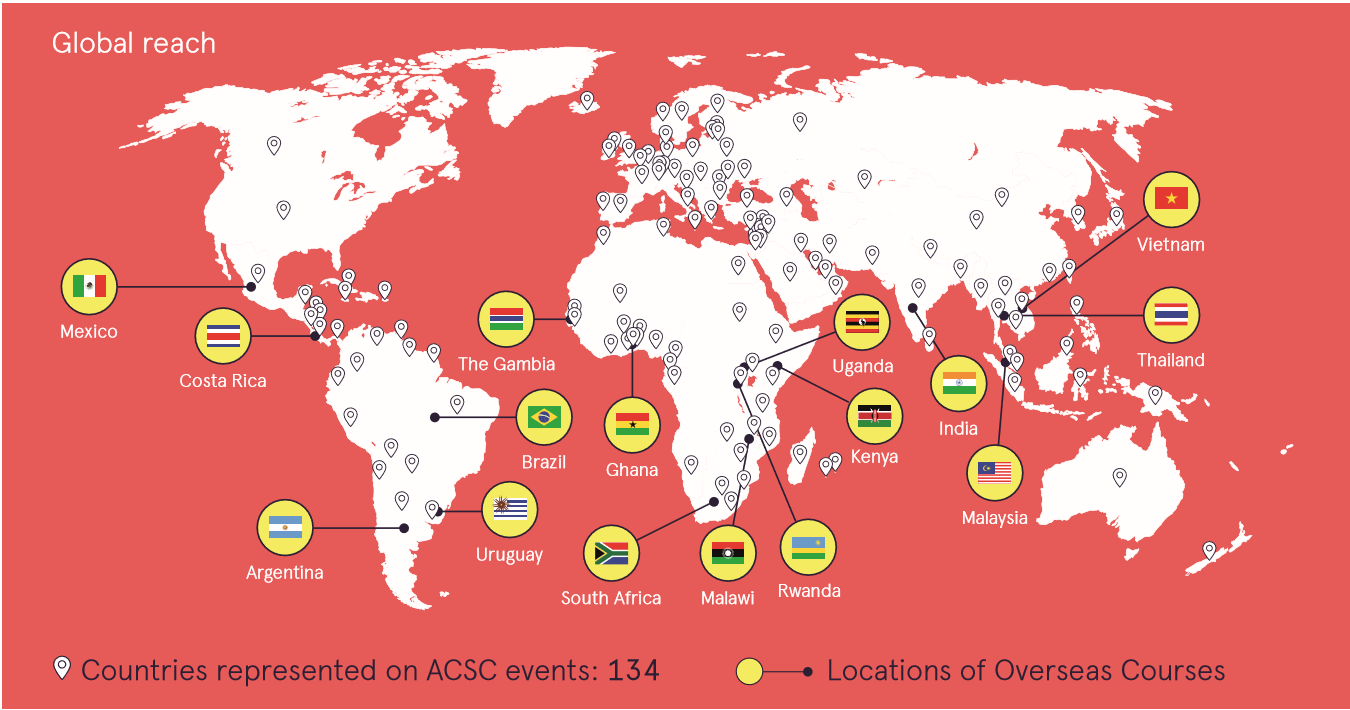
Long-term feedback
From 2013- 2016 longterm feedback shows that the events are of very high quality (98%), with attendees acquiring knowledge (99%), which they applied to their work (84%) or shared with others (89%). The events also boosted careers, with 74% saying it helped them progress to the next stage of their career, 51% said it helped them apply for grants and 65% said the knowledge gained contributed to scientific papers.
Accessibility to the programme is key, so the Overseas Courses programme is fully funded for all participants (including travel), and the rest of the programme is also heavily subsided by Wellcome. In addition, ACSC continues to offer a number of funding opportunities, including bursaries that cover up to 50% of the event fee.
Looking to the future with new initiatives
In 2018, 30 years since it all began, the programme continues to look forward and evolve to keep pace with changing technology, different delivery formats and advances in science. Now part of the Wellcome Genome Campus Connecting Science programme, to connect researchers, health professionals and the wider public (to enable better exploration of the impact of genomic science on people), the programme continues to strive to deliver a series of events that resonate with the changing needs of the biomedical community.
Keeping pace also means new initiatives, and this year the programme has started to diversify into other areas of research and innovation, including a Hackathon with partners from the Biodata Innovation Centre, and discussion-based courses on Science Policy and Commercialising Genomic Research. All focusing on research that will be pertinent to solving wider global challenges, as well as translation for economic success.
To broaden the reach of the programme, a series of online courses was launched this year, in partnership with the digital learning platform, FutureLearn, and colleagues from the Wellcome Sanger Institute and elsewhere. So far three online courses have been presented using this pioneering social learning platform, focusing on bacterial genomics, bioinformatics and antimicrobial resistance, proving very popular with a high international reach and a high proportion of learners completing each course. A further seven courses are scheduled to be delivered over the course of the next 24 months, in a bid to extend the programme across wider disciplines.
Leading the way for diversity is of great importance to ACSC, and this was particularly recognised in 2016 when the programme adopted a new gender balance policy, mandating that 50% of all invited speakers, as well as scientific committees for conferences, be women. 18 months later, after much discussion with committees, that milestone has been achieved successfully and is now being rolled out across the courses’ format.
Finally, in commentating the 30th anniversary it’s important to acknowledge the many scientists and clinical staff, as well as training and conference partners, who have worked with us to provide such an exciting programme of events over the years, benefitting so many people in their research and healthcare work.
 Impact-Stats-Infographic
Impact-Stats-Infographic
To commemorate the Advanced Courses and Scientific Conferences turning 30, the programme is running a #ACSC30 Twitter campaign to celebrate some of its highlights. To track this campaign you can visit the @ACSCevents Twitter channel, or search for #ACSC30.
